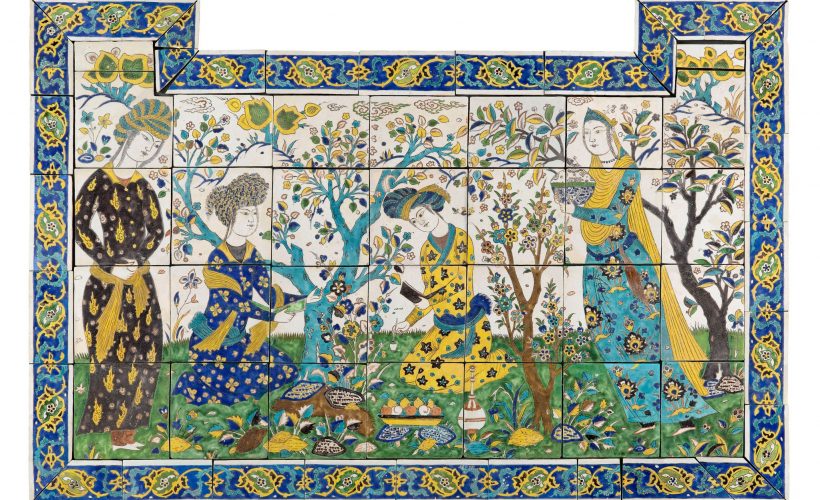History & Heritage
10.11.2023
Dates : between nutrition and tradition

During Ramadan, when Muslims break their fast, it is customary to do so with an odd number of dates, usually one, three or five. After all, dates are much more than just food.
Dates have two main functions in the Middle Eastern diet. They are often eaten raw as part of meals or snacks, due to their high energy content from natural sugars. They are also used in a variety of sweet and savory dishes, contributing to the region’s culinary diversity. However, the importance of dates goes beyond the culinary sphere to include cultural and religious aspects.
Voir cette publication sur Instagram
Dates in the Quran
The central text of Islam, the Quran, refers to dates 22 times, underlining their importance in the Islamic faith. During Ramadan, the importance of dates is accentuated. Muslims around the world, who abstain from eating and drinking from sunrise to sunset, generally eat dates at dusk. This practice, rooted in both religious tradition and nutritional knowledge, recognises the benefits of dates. Rich in natural sugars, they help to raise blood sugar levels after a day’s fasting. Their nutrient content, which includes carbohydrates, fiber, magnesium and potassium, is an essential source of nourishment during this period.
Rooted in Middle Eastern soil
In the region’s oasis ecosystems, date palms act as environmental stabilizers. Its deep root system creates a hospitable environment for other plants, while its stature forms a barrier against the abrasive desert winds. For the various inhabitants, whether wildlife, nomads or sedentary communities, this tree is a source of sustenance and a haven of protection.
Voir cette publication sur Instagram
Around 11,000 years ago, man evolved from a hunter-gatherer to a sedentary farmer, marking a monumental change in the history of our ancestors. Among the plants that pioneered this agricultural revolution was the date palm. Moreover, current archaeological evidence suggests that dates themselves were eaten as early as 6,000 years ago in the Middle East.
popular

